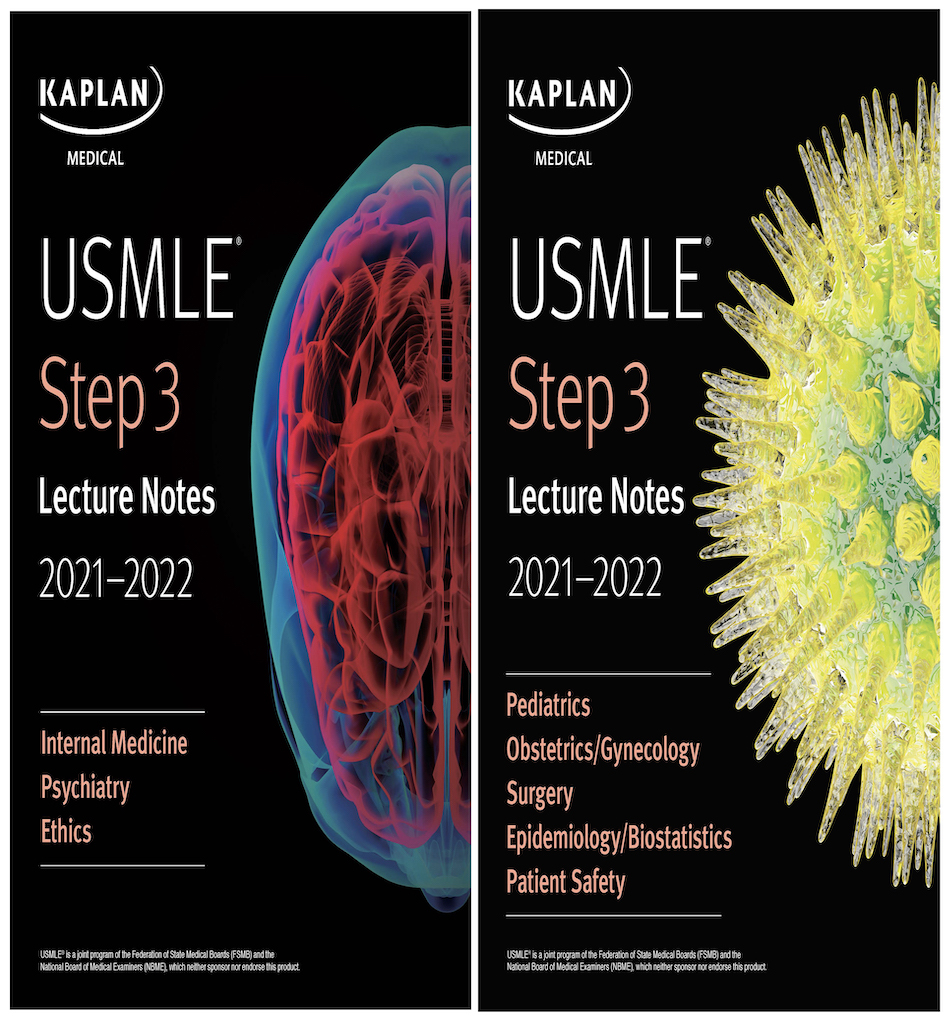

Be expensive, unpleasant, and/or inconvenient.

Have adverse (and possibly iatrogenic) effects (e.g., large bowel perforation secondary to a colonoscopy).However, even if a diagnostic test is available, that does not always mean it should be used to screen for a particular disease. Screening tests are done on seemingly healthy people to identify those at increased risk of disease. She asks what is recommended for a woman her age. She denies any symptoms at this time, and her physical examination is normal. She is sexually active with multiple partners and has not seen a physician since a car accident 15 years ago. Her father was diagnosed with colon cancer at age 43, and her mother was diagnosed with breast cancer at age 52. Cancer ScreeningĪ 39-year-old woman comes to the clinic very concerned about her risk of developing cancer. Screening test must be valid, i.e., it must have proven in trials to decrease overall mortalityįor a screening test to be recommended for regular use, it has to be extensively studied to ensure that all of the above requirements are met.After a positive test result, course of events must be acceptable to patient.

ScreeningS For all diseases that have recommended screening:


 0 kommentar(er)
0 kommentar(er)
